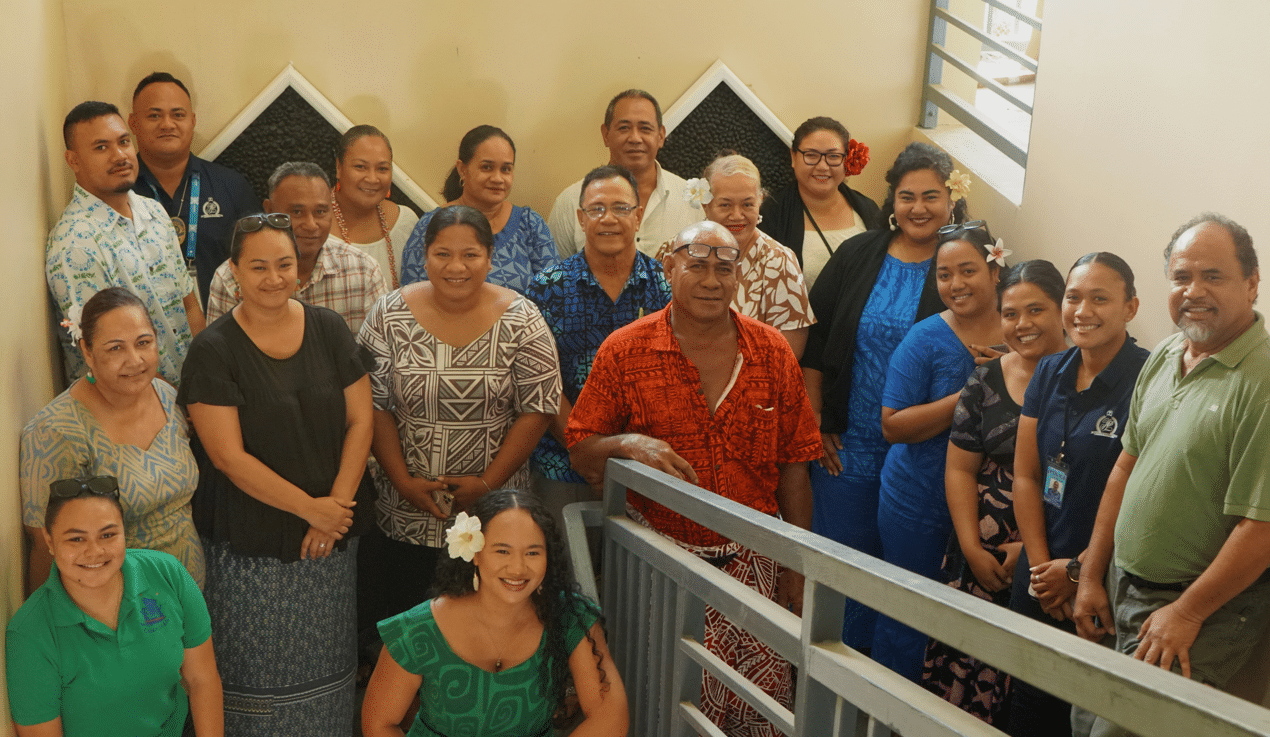Conservation International (CI) successfully concluded a key workshop on Friday 22nd
November, on the desk-based review of social responsibility of Samoa’s tuna fishing sector.
The Social Responsibility Assessment (SRA) tool is a human rights due diligence tool which
serves to reduce risks of human rights abuse at all stages of seafood production from vessel
level (at-sea fishing operation) to the seafood processing sector.
The workshop brought together representatives from the fishing industries, government
stakeholders, civil society organizations and technical experts to discuss the findings and the
next steps towards improving the social dimensions of the tuna fishery sector.
This event follows up from the Pacific Tuna Jurisdictional Approach (JA) project
socialization workshop that had occurred earlier this year in June 2024 introducing the
Jurisdictional Approach (JA) to Pacific Tuna project to the fishing industry, government
stakeholders, civil society organizations and technical experts. Funded by the Walmart
Foundation, the Pacific Tuna JA seeks to drive holistic environmental, social and economic
tuna fishery improvements by aligning incentives between the government, producers, and
supply chain companies, using a human rights-based approach to fisheries governance. This
workshop marked a continuation of efforts to enhance sustainability, governance, and social
responsibility within Samoa’s fisheries.
Key findings from the desk review of SRA highlighted several information gaps within the
fisheries sector that could be improved through the application of SRA tool in Samoa. The
workshop discussions cantered on how to effectively apply the findings and integrate new
insights from local participants into the next phase of onsite social responsibility assessment
aimed at identifying social improvements for Samoa’s fisheries sector.
Conservation International remains dedicated to advancing the sustainable development of
Samoa’s fishing industry, while also supporting the Samoa Ocean Strategy and the 30×30
marine protection initiative, working closely with local stakeholders to implement the
recommendations discussed during the workshop

